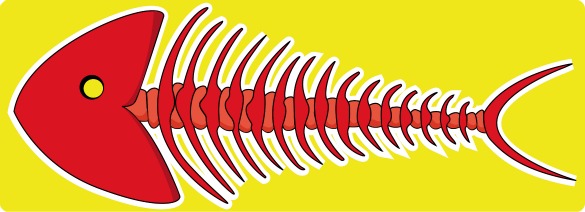
Malformations of the face and skeleton account for the majority of birth defects, and a number have been linked to abnormalities of the extracellular matrix (ECM) – the structural support tissue around cells. Ela Knapik, associate professor of medicine, and colleagues are using zebrafish to explore the molecular and cellular mechanisms that cause ECM defects.
In the November issue of Disease Models and Mechanisms, they characterize the zebrafish “feelgood” mutant, which has a severely malformed head skeleton and shortened body length because of defects in a late stage of cartilage development. They find that the feelgood mutation hinders the deposition of collagen, but not other ECM components. They demonstrate that the feelgood mutation is a variant in the transcription factor Creb312, which they show regulates the expression of genes encoding COPII proteins that are required for the movement of cargo, including ECM components, through the cell. The findings demonstrate that precise regulation of Creb312 is essential for skeletal development and suggest that it may be a candidate cause of skeletal diseases.